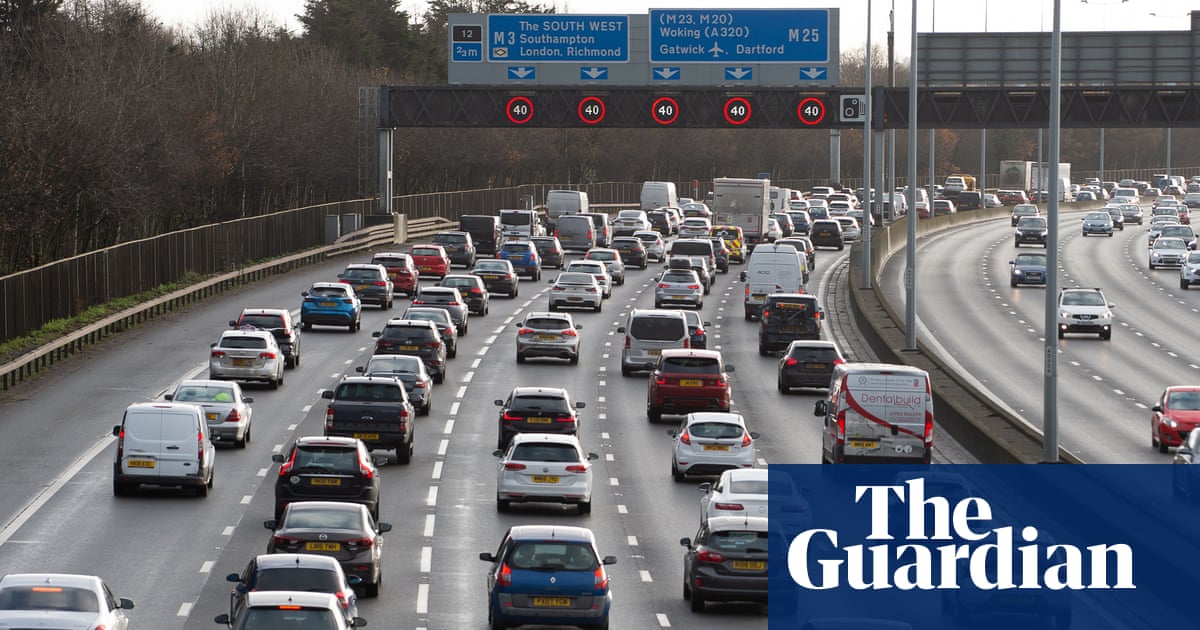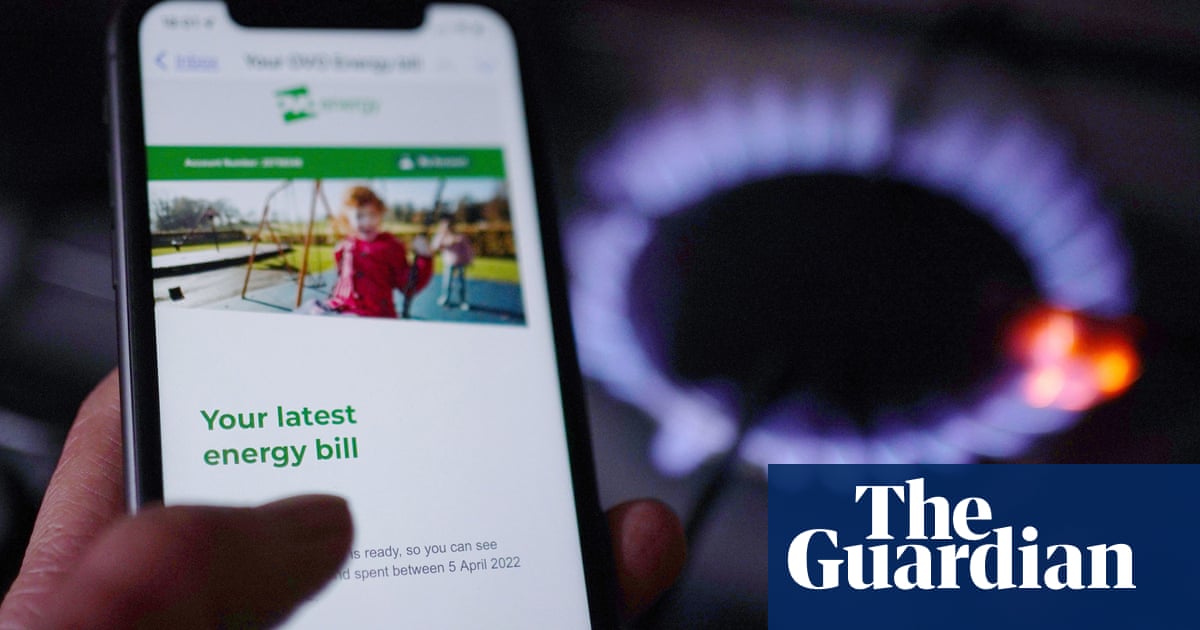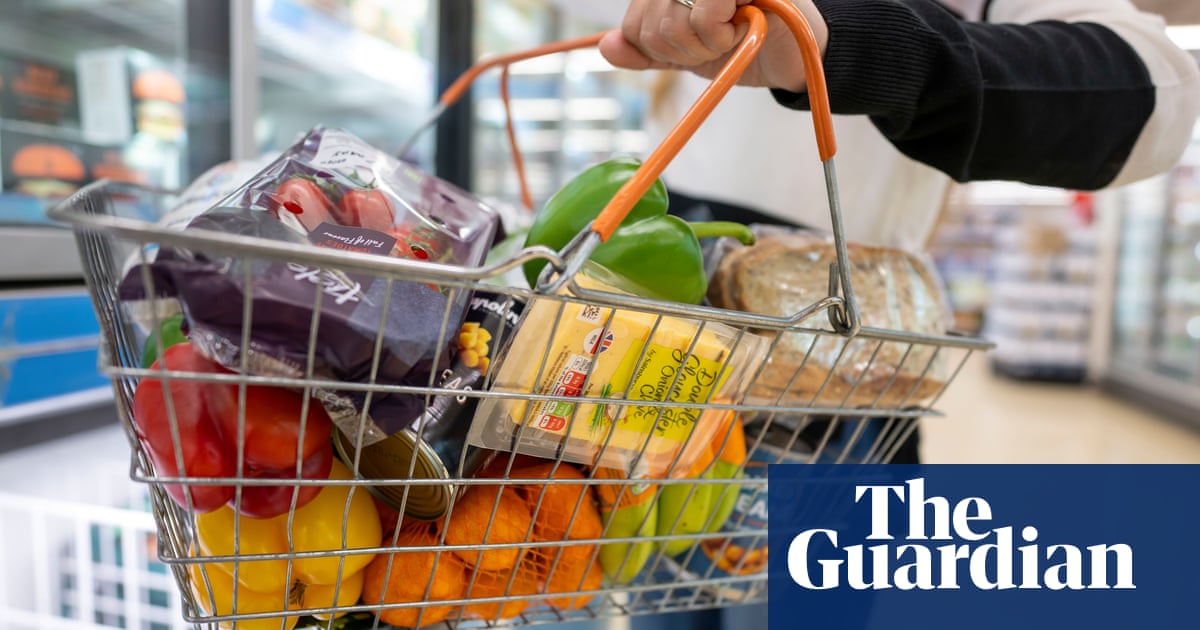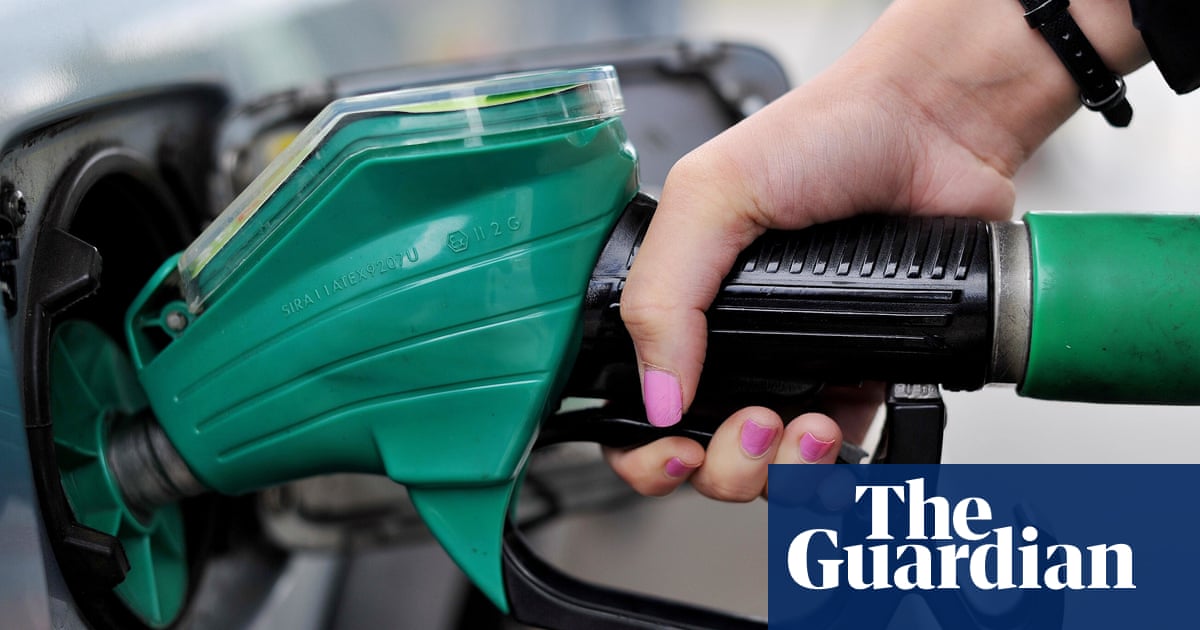
The Bank of England is expected to provide a fresh boost to Britain’s coronavirus-hit economy after the latest official figures showed the annual inflation rate dropped to a near four-year low of 0.5% in May.
Cheaper petrol and the falling cost of toys and games had a downward effect on the cost of living, more than compensating for higher food and drink prices.
In a move that is likely to provide the trigger for action from Threadneedle Street, the consumer prices index (CPI) showed inflationary pressure continued to abate during the Covid-19 lockdown.
The inflation rate as measured by the CPI fell from 0.8% in April, moving further away from the government’s 2% target.
The Office for National Statistics said the biggest impact on May’s fall in inflation – the lowest since a similar rate in June 2016 – had come from the cost of transport, with low global oil prices leading to a drop of almost 3p a litre in the cost of petrol.
Weak domestic price pressures as a result of the restrictions placed on the economy since the end of March have also had an impact on inflation, which has fallen for four months in a row. Inflation stood at 1.8% in January and had already fallen to 1.5% in March, the month the government’s lockdown of the economy began.
The ONS said it was still having some difficulties assessing the inflation rate because 74 of the products it normally monitors were unavailable to consumers and it was also not possible for its researchers to check prices in person.
The CPI is made up of 12 sectors of spending, of which four recorded year-on-year price falls in May. The biggest annual fall was for clothing and footwear prices, where prices were more than 3% lower than in May 2019 – the lowest inflation rate in a decade.
With consumers only able to buy online last month, the ONS found that the price of clothes dropped as retailers sought to shift stocks of unsold merchandise. Higher food and drink prices provided the only significant upward effect on inflation last month, the ONS said.
Food prices rose by 1.6% in the year to May while alcoholic drink was 2.4% more expensive. The ONS measure of core inflation – which strips out energy, food, alcoholic drink and tobacco – fell from 1.4% to 1.2%.
Samuel Tombs, the chief UK economist at the consultancy Pantheon Economics, said headline inflation would fall even closer to zero in the coming months. The City believes the Bank of England will respond to the weakness of price pressure on Thursday with £150bn in further stimulus through its bond-buying quantitative easing scheme.
The fall in inflation had been expected by Threadneedle Street but members of the monetary policy committee have dropped strong hints in recent weeks that more support for demand is required.
Separate figures for producer prices found few signs that inflation was likely to pick up soon. The cost of goods leaving factories was 1.4% lower than in May 2019, compared with a 0.7% drop the previous month. Producer prices are seen as a guide to cost pressures early in the pipeline.
The TUC general secretary, Frances O’Grady, said: “This fall in inflation shows the fragility of the economy in lockdown. But with strong action now, we can prevent lasting damage and build back better.
“The priority must be to protect and create jobs. The more people in work, the faster we can work our way out of recession. We need targeted support for hard-hit sectors of the economy and a jobs guarantee for those who do lose work.”












